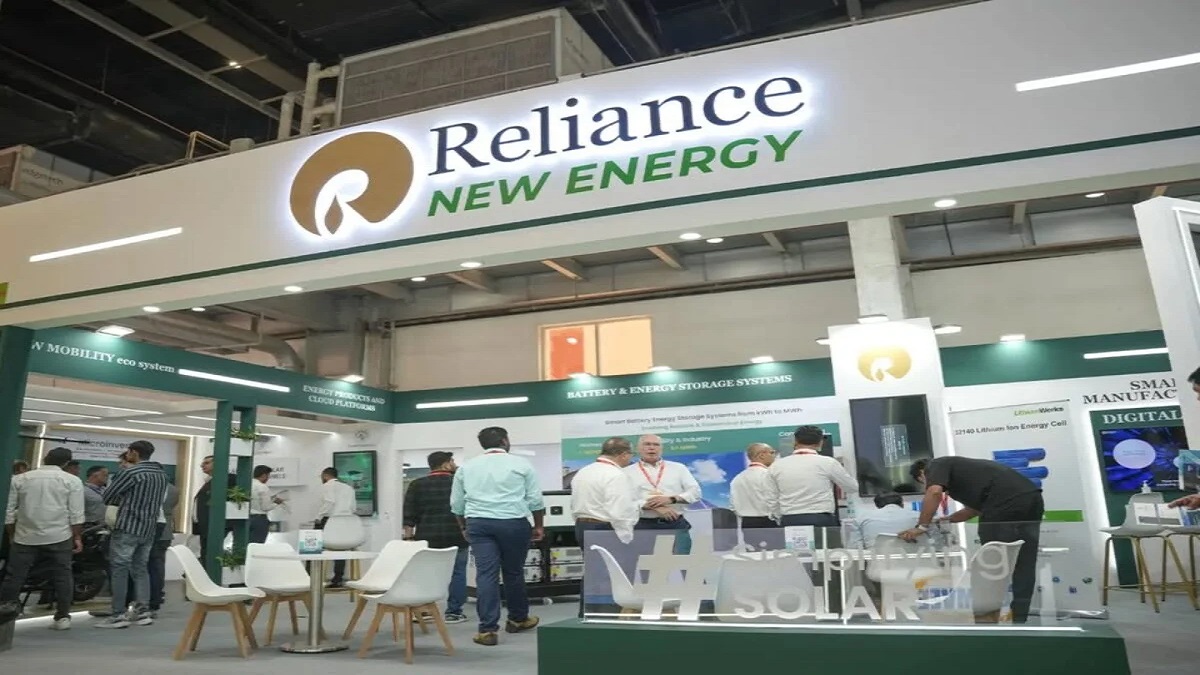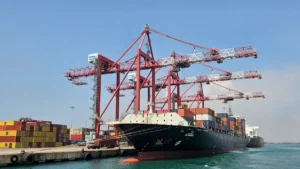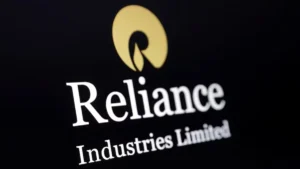Reliance New Energy Battery Limited, a subsidiary of Reliance Industries Limited, has secured a 10 gigawatt-hour (GWh) capacity under the Production Linked Incentive (PLI) Scheme for Advanced Chemistry Cell (ACC) Battery Storage. The Ministry of Heavy Industries (MHI) signed a Programme Agreement with the company on February 17, 2025, marking a major step in India’s push for domestic battery manufacturing and reduced import dependence.
What is the PLI ACC Scheme and Why is It Important?
The PLI ACC Scheme was approved by the Indian government in May 2021 with a financial outlay of ₹18,100 crore. It aims to establish a total manufacturing capacity of 50 GWh for advanced chemistry cells, which are essential for electric vehicles and renewable energy storage. The scheme is technology-agnostic, meaning companies can use different technologies to set up their battery manufacturing plants.
The first phase of the scheme, in March 2022, awarded 30 GWh capacity to three companies, with agreements signed in July 2022. With this new allocation to Reliance, the total awarded capacity now stands at 40 GWh. This is a crucial development as India aims to become self-reliant in battery manufacturing, reducing dependence on imports and strengthening its position in the global electric mobility market.
How Did Reliance Secure the 10 GWh Capacity?
In January 2024, MHI invited bids for the remaining 20 GWh capacity under the scheme. Seven companies, including ACME Cleantech Solutions, Amara Raja Advanced Cell Technologies, Anvi Power Industries, JSW Neo Energy, Lucas TVS, Reliance Industries, and Waaree Energies, submitted proposals for a total of 70 GWh. After evaluation, Reliance emerged as the successful bidder for 10 GWh capacity, while the remaining bidders were placed on a waiting list.
This allocation strengthens Reliance’s plans to expand in the battery manufacturing sector. The company has been investing in clean energy and battery storage solutions as part of its broader renewable energy strategy.
What Does This Mean for India’s EV and Battery Industry?
The PLI ACC Scheme is part of India’s larger vision to boost domestic battery production and support the transition to electric mobility. The Indian government has also announced exemptions on 35 additional capital goods related to EV battery manufacturing in the Union Budget for FY2025-26, further incentivizing local production.
By supporting companies like Reliance, the scheme is expected to accelerate India’s shift toward clean energy, reduce dependency on battery imports, and attract foreign direct investment in the sector. With only 10 GWh capacity left to be allocated under the scheme, India is moving closer to achieving its target of 50 GWh in battery manufacturing, strengthening its position in the global energy market.
Key Highlights of Reliance’s 10 GWh Allocation Under PLI ACC Scheme
| Aspect | Details |
|---|---|
| Why in News? | Reliance New Energy Battery secured 10 GWh capacity under the PLI ACC Scheme after signing an agreement with the Ministry of Heavy Industries on February 17, 2025. |
| Scheme Name | Production Linked Incentive (PLI) Scheme for Advanced Chemistry Cell (ACC) Battery Storage |
| Total Scheme Capacity | 50 GWh |
| Financial Outlay | ₹18,100 crore |
| Previous Allocation | 30 GWh to three companies in 2022 |
| Recent Bidding | January 2024 tender for remaining 20 GWh; 7 companies applied for 70 GWh |
| Winning Bidder | Reliance Industries Ltd. secured 10 GWh; remaining bidders on waitlist |
| Strategic Impact | Boosts domestic battery manufacturing, reduces import dependence, and supports India’s EV ecosystem. |



 2026 Business Milestone: Amazon Dethrone...
2026 Business Milestone: Amazon Dethrone...
 V.O. Chidambaranar Port Authority Secure...
V.O. Chidambaranar Port Authority Secure...
 Reliance Industries Limited Secures U.S....
Reliance Industries Limited Secures U.S....








